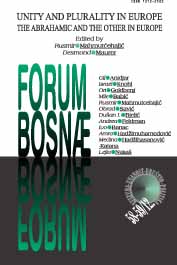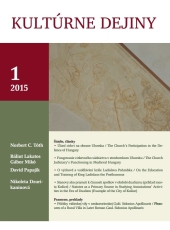
Political Aspects of Andrić’s Career
Political Aspects of Andrić’s Career
Described ironically as “a discreet and melancholic writer” in the index and glossary of names to the first volume of Krleža’s Journal, Danas, as edited by Masleša and Ristić, Ivo Andrić has become for us today a largely unknown quantity, or perhaps better his inner states and the deep reasons for his public choices have. He passed through life in conspiratorial fashion, taking great pains to say as little as possible about the question of identity that today exercises so many commentators. According to Radica, “it is very difficult to force this key issue,” since Andrić “always evaded it, as though he had mastered it so completely, that it was pointless wasting time on it.”
More...
